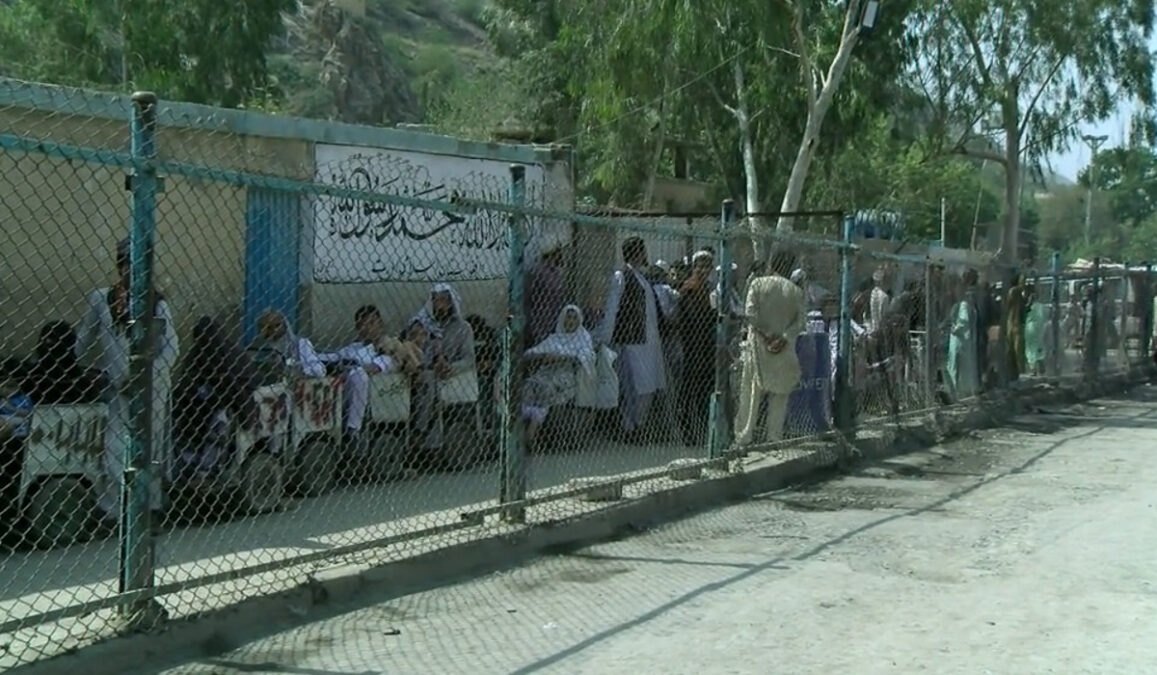The United Nations High Commissioner for Refugees (UNHCR) released a report detailing the cross-border situation in Afghanistan, shedding light on the displacement and voluntary repatriation of Afghan nationals amidst the ongoing humanitarian crisis in the country.
According to the report, approximately 1.37 million internally displaced persons (IDPs) returned to their places of origin in 2021 and 2022. In 2021, around 1.12 million IDPs returned, while 254,000 IDPs returned in 2022. A total of 1,600 IDPs have returned to their places of origin to date in 2023. These figures were derived from 363,000 household-level rapid assessments conducted by UNHCR and its partners since October 10, 2021, until July 1, 2023. The report also mentioned that these figures are expected to increase retroactively as ongoing assessments continue, although they are considered indicative rather than comprehensive statistical data on IDP returnees.
In 2023, there has been a significant increase in the number of Afghan refugees voluntarily returning to the country. A total of 5,836 Afghan refugees chose to return home, with 94% coming from Pakistan, 5% from Iran, and 1% from other countries. This figure is five times higher than the number of returns during a similar period in 2022.
The humanitarian situation in Afghanistan remains critical, with an estimated 28.8 million vulnerable Afghans in need of assistance, according to the revised 2023 Humanitarian Response Plan (HRP). Initially, the HRP appealed for $4.6 billion to reach 23.7 million vulnerable individuals. However, given the worsening protection situation, the number of people requiring assistance has increased, necessitating $2.26 billion in new funds to reach 22.3 million people between June and December 2023.
The report also highlighted the release of UNHCR’s latest Regional Trends report, which offers key statistical trends and official figures on refugees, asylum-seekers, stateless people, IDPs, returnees, and others of concern in the Asia and the Pacific region. By the end of 2022, the region hosted 14.3 million forcibly displaced people, stateless individuals, returnees, or others of concern—a 26% increase from 2021. The Asia and the Pacific region account for 13% of the global total population that UNHCR protects and/or assists, with 14.3 million people out of 112.6 million worldwide.
The UNHCR’s report provides critical insights into the ongoing challenges and complexities surrounding the displacement and repatriation of Afghan nationals and highlights the urgent need for sustained humanitarian assistance in the country. As the crisis continues, the international community must remain committed to supporting those affected by the conflict and seeking durable solutions for the people of Afghanistan.





